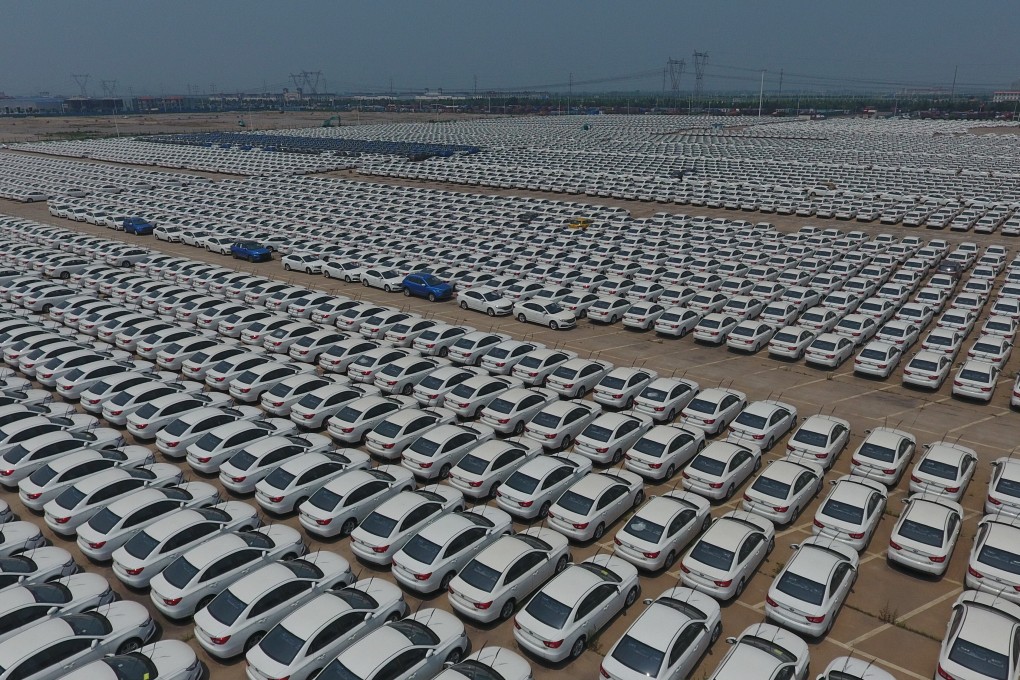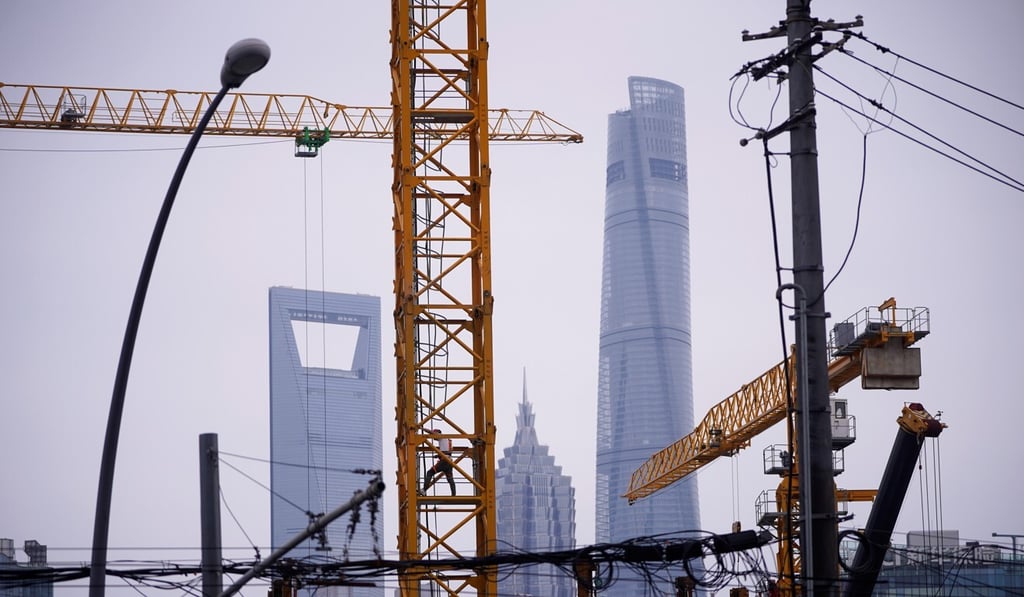Advertisement
China Briefing | China’s inward shift has profound implications for the world economy
- Faced with global uncertainties and an America once again trying to isolate it internationally, Beijing’s renewed emphasis on self-reliance makes sense
- Even if full decoupling with the United States remains unlikely, Chinese leaders are obviously preparing for the worst
Reading Time:4 minutes
Why you can trust SCMP

The policy of Zili Gengsheng or self-reliance was the long-standing guiding philosophy of the Mao Zedong era as the People’s Republic had faced international sanctions and isolation led by the United States since its founding in 1949.
Advertisement
The policy was brought into even sharper relief in the 1960s when China fell out with the Soviet Union, which withdrew all of its economic, technological and personnel assistance. With the country almost totally isolated, the Chinese government was forced to build up a whole range of industries on its own.
Since 1979, Deng Xiaoping’s open-door policy has opened up China to overseas investment and technological know-how and the country has become the world’s factory. The policy of self-reliance has given way to that of interdependence, which has helped build the world’s second-largest economy.
Since the start of the US trade war against China in 2018, however, Chinese President Xi Jinping has repeatedly called for self-reliance. Over the past year, relations between Beijing and Washington have been in a tailspin, and the outbreak of the coronavirus pandemic has prompted lockdowns around the world, seriously disrupting global supply chains.
It is against this background that China’s leadership has recently signalled a strategic shift in economic priorities.
Advertisement


Advertisement
